But if thought corrupts language, language can also corrupt thought
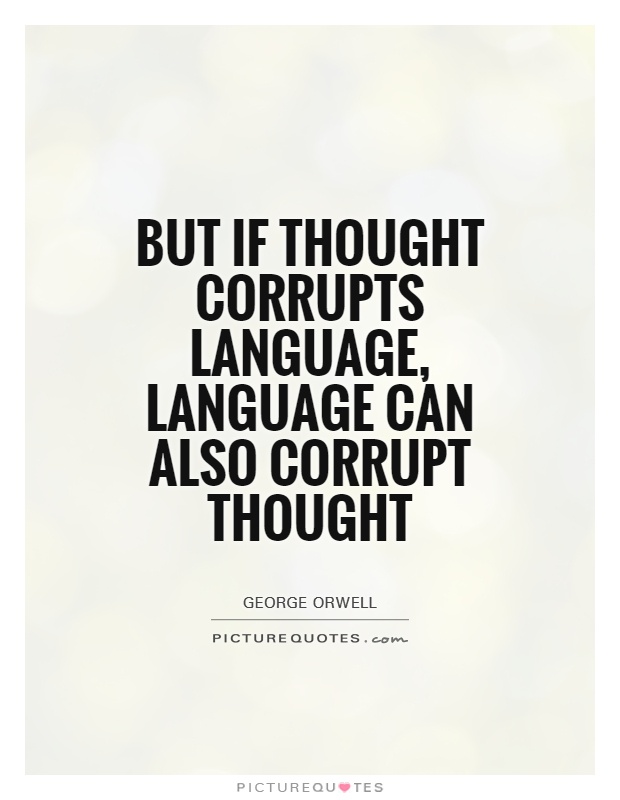
But if thought corrupts language, language can also corrupt thought
In his seminal work "1984," George Orwell explores the power dynamics between language and thought in a dystopian society ruled by a totalitarian regime. The Party, led by the enigmatic figure of Big Brother, controls every aspect of its citizens' lives, including their language. The Party's manipulation of language, through the use of Newspeak, serves as a tool for thought control and manipulation.Orwell famously stated, "But if thought corrupts language, language can also corrupt thought." This quote encapsulates the central theme of the novel, which is the idea that language is not merely a tool for communication, but also a means of shaping and controlling thought. In the world of "1984," the Party uses Newspeak to limit the range of thought and expression available to its citizens. By eliminating words that express dissent or rebellion, the Party effectively controls the way its citizens think about the world around them.
The concept of Newspeak is a chilling reminder of the power of language to shape our perceptions and beliefs. By restricting the vocabulary available to its citizens, the Party limits their ability to think critically and independently. In this way, language becomes a tool of oppression, used to maintain the Party's grip on power.
Orwell's warning about the dangers of language manipulation is particularly relevant in today's world, where misinformation and propaganda are rampant. In an era of fake news and alternative facts, it is more important than ever to be vigilant about the ways in which language can be used to manipulate and control our thoughts.
Ultimately, Orwell's message is a call to action for all of us to be mindful of the ways in which language can be used to shape our perceptions and beliefs. By remaining vigilant and critical of the language we encounter, we can resist the forces of thought control and maintain our autonomy and freedom of thought.

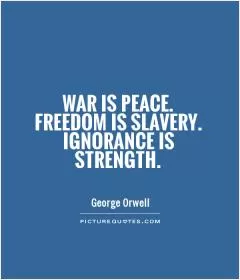

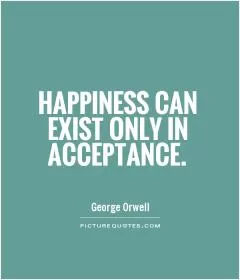

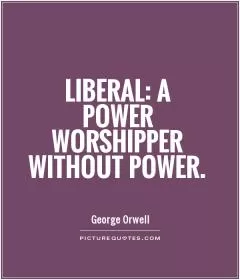
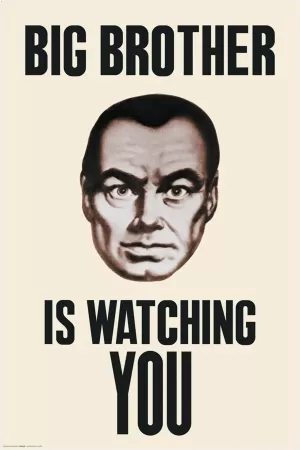
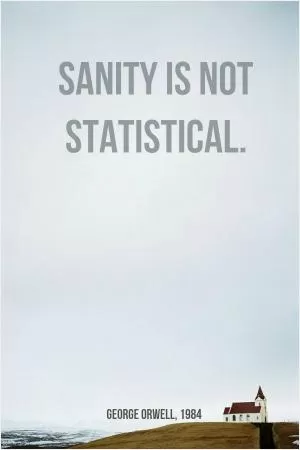



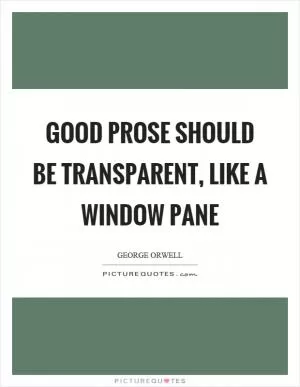
 Friendship Quotes
Friendship Quotes Love Quotes
Love Quotes Life Quotes
Life Quotes Funny Quotes
Funny Quotes Motivational Quotes
Motivational Quotes Inspirational Quotes
Inspirational Quotes